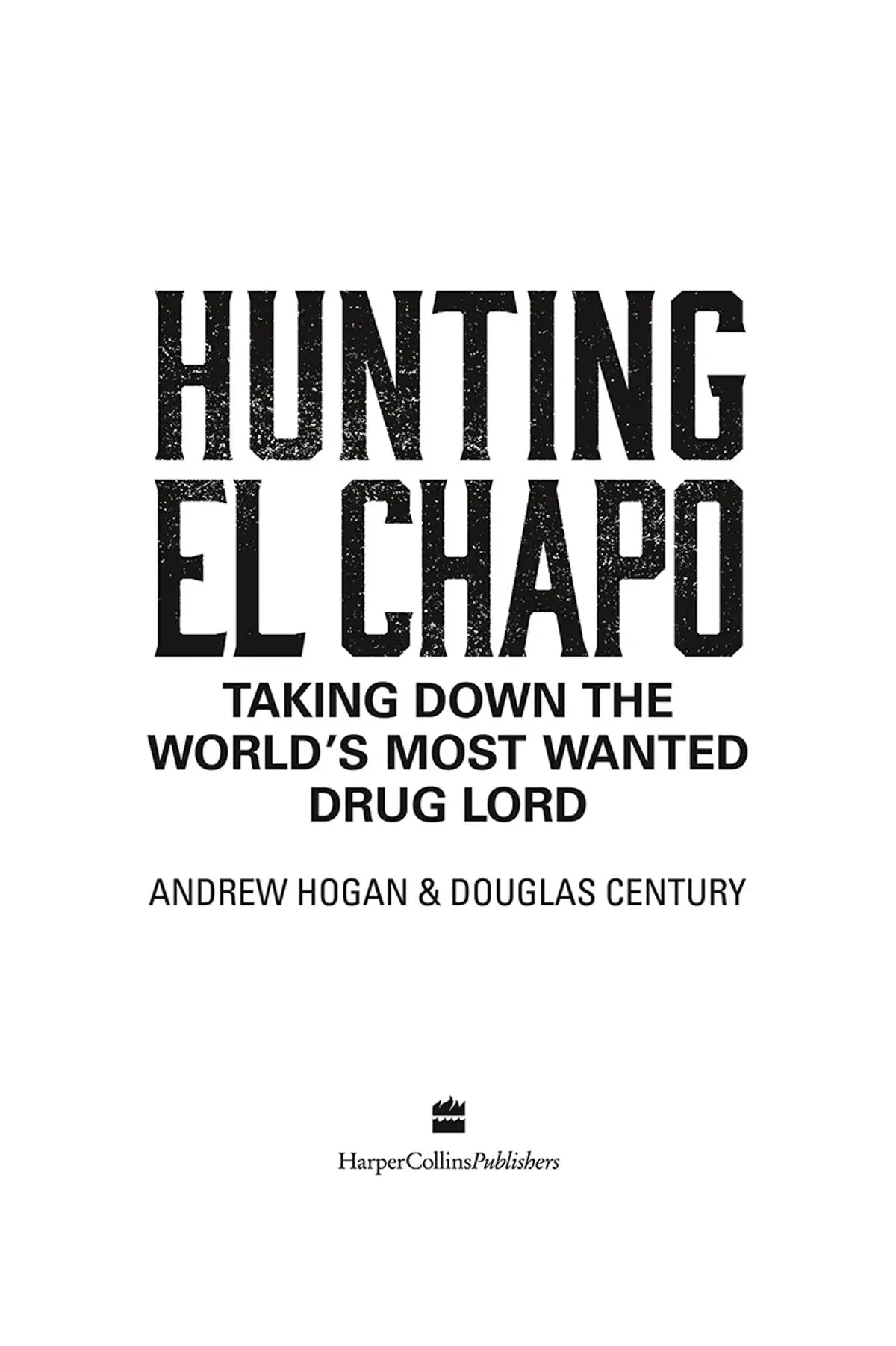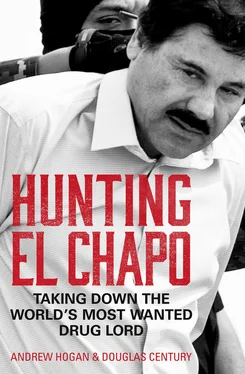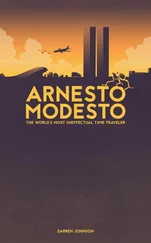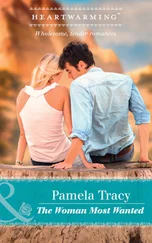ALSO BY DOUGLAS CENTURY
BARNEY ROSS
TAKEDOWN
STREET KINGDOM
ICE
IF NOT NOW, WHEN?
BROTHERHOOD OF WARRIORS

COPYRIGHT
HarperCollins Publishers Ltd 1 London Bridge Street London SE1 9GF
www.harpercollins.co.uk
First published in the US by HarperCollins Publishers 2018 This UK edition published 2018
FIRST EDITION
© QQQ, LLC 2018
Cover layout design Dominic Forbes © HarperCollins Publishers Cover photograph © AFP/Getty Images
A catalogue record of this book is available from the British Library
The authors assert the moral right to be identified as the authors of this work
All rights reserved under International and Pan-American Copyright Conventions. By payment of the required fees, you have been granted the nonexclusive, non-transferable right to access and read the text of this ebook on screen. No part of this text may be reproduced, transmitted, downloaded, decompiled, reverse engineered, or stored in or introduced into any information storage retrieval system, in any form or by any means, whether electronic or mechanical, now known or hereinafter invented, without the express written permission of HarperCollins ebooks
HarperCollins Publishers has made every reasonable effort to ensure that any picture content and written content in this ebook has been included or removed in accordance with the contractual and technological constraints in operation at the time of publication
Source ISBN 9780008245849
Ebook Edition © April 2018 ISBN: 9780008245863
Version 2018-07-18
AUTHORS’ NOTE
This is a work of nonfiction: all the events depicted are true and the characters are real. The names of US law enforcement and prosecutors—as well as members of the Mexican military—have been altered, unless already in the public domain. For security reasons, several locations, makes of vehicles, surnames, and aliases have also changed. All dialogue has been rendered to the best of Andrew Hogan’s recollection.
To my wife and sons. —A.H.
Certainly there is no hunting like the hunting of man and those who have hunted armed men long enough and liked it, never really care for anything else thereafter.
— Ernest Hemingway, “On the Blue Water,” 1936
Contents
COVER
TITLE PAGE
COPYRIGHT
AUTHOR'S NOTE
PROLOGUE:
EL NIÑO DE LA TUNA
PART I
BREAKOUT
THE NEW GENERATION
EL CANAL
TEAM AMERICA
PART II
LA FRONTERA
DF
BADGELESS
TOP-TIER
ABRA LA PUERTA
DUCK DYNASTY
LOS HOYOS
PART III
LA PAZ
FOLLOW THE NOSE
LION’S DEN
THE DROP
SU CASA ES MI CASA
EL 19
MIRAMAR
THE MAN IN THE BLACK HAT
QUÉ SIGUE?
EPILOGUE:
SHADOWS
PHOTOS
MAPS
ACKNOWLEDGMENTS
A NOTE ON SOURCES
GLOSSARY
INDEX
ABOUT THE AUTHORS
NOTES
ABOUT THE PUBLISHER
PROLOGUE: EL NIÑO DE LA TUNA
PHOENIX, ARIZONA
May 30, 2009
I FIRST HEARD THElegend of Chapo Guzmán just after midnight inside Mariscos Navolato, a dimly lit Mexican joint on North 67th Avenue in the Maryvale section of West Phoenix. My partner in the DEA Narcotic Task Force, Diego Contreras, was shouting a translation of a song into my ear:
Cuando nació preguntó la partera Le dijo como le van a poner? Por apellido él será Guzmán Loera Y se llamará Joaquín
“When he was born, the midwife asked, ‘What are they gonna name the kid?’ ” Diego yelled, his breath hot and sharp with the shot of Don Julio he’d just downed. “The last name’s Guzmán Loera, and they’re gonna call him Joaquín . . .”
Diego and I had been working as partners in the Phoenix Task Force since early 2007, and two years later we were like brothers. I was the only white guy inside Mariscos Navolato that May night, and I could feel every set of eyes looking me up and down, but sitting shoulder to shoulder with Diego, I felt at ease.
Diego had introduced me to Mexican culture in Phoenix as soon as we met. We’d eat birria out of plastic bowls in the cozy kitchen of some señora’s home that doubled as a makeshift restaurant and order mango raspados from a vendor pushing a cart across the street, all while listening to every narcocorrido 1Diego had in his CD collection. Though I clearly wasn’t from Mexico, Diego nevertheless told me I was slowly morphing into a güero —a light-skinned, blond-haired, blue-eyed Mexican—and soon no one would take me for a gringo.
The norteño was blaring—Los Jaguares de Culiacán, a fourpiece band on tour in the Southwest, straight from the violent capital of the state of Sinaloa. The polka-like oompa-loompa of the tuba and accordion held a strange and contagious allure. I had a passing knowledge of Spanish, but Diego was teaching me a whole new language: the slang of the barrios, of the narcos, of “war zones” like Ciudad Juárez, Tijuana, and Culiacán. What made these narcocorridos so badass, Diego explained, wasn’t the rollicking tuba, accordion, and guitar—it was the passionate storytelling and ruthless gunman attitude embodied in the lyrics.
A dark-haired waitress in skintight white jeans and heels brought us a bucket filled with cold bottles of La Cerveza del Pacifico. I grabbed one out of the ice and peeled back the damp corner of the canary-yellow label. Pacifico : the pride of Mazatlán. I laughed to myself: we were in the heart of West Phoenix, but it felt as if we’d somehow slipped over the border and eight hundred miles south to Sinaloa. The bar was swarming with traffickers—Diego and I estimated that three-quarters of the crowd was mixed up somehow in the cocaine-weed-and-meth trade.
The middle-aged traffickers were easy to spot in their cowboy hats and alligator boots—some also worked as legit cattle ranchers. Then there were narco juniors—the new generation—who looked like typical Arizona college kids in Lacoste shirts and designer jeans, though most were flashing watches no typical twenty-year old could afford.
Around the fringes of the dance floor, I spotted a few men who looked as if they’d taken a life, cartel enforcers with steel in their eyes. And scattered throughout the bar were dozens of honest, hardworking citizens—house painters, secretaries, landscapers, chefs, nurses—who simply loved the sound of these live drug balladeers from Sinaloa.
Diego and I had spent the entire day on a mind- numbing surveillance, and after ten hours without food, I quickly gulped down that first Pacifico, letting out a long exhale as I felt the beer hit the pit of my stomach.
“Mis hijos son mi alegría también mi tristeza, ” Diego shouted, nearly busting my eardrum. “My sons are my joy—also my sadness. “Edgar, te voy a extrañar, ” Diego sang, in unison with the Jaguares’ bandleader. “Edgar, I’m gonna miss you.”
I glanced at Diego, looking for an explanation.
“Edgar, one of Chapo’s kids, was gunned down in a parking lot in Culiacán,” Diego said. “He was the favorite son, the heir apparent. When Edgar was murdered, Chapo went ballistic. That pinche cabrón fucked up a lot of people...”
Читать дальше













